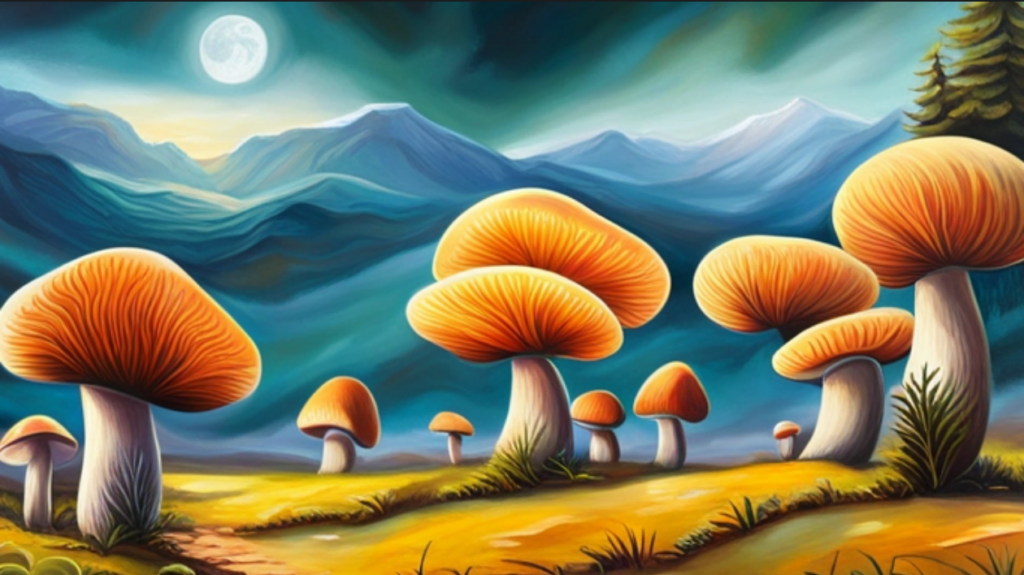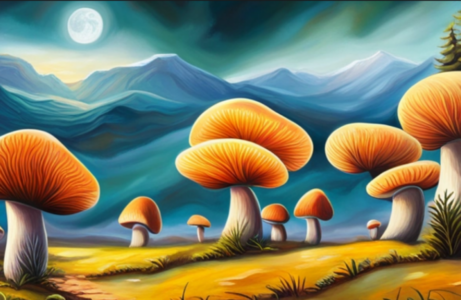Triptherapie: Psychedelic sessions overview
Psychedelic session as therapy
LSD (Lysergic acid diethylamide), psilocybin, and MDMA (3,4-methylenedioxymethamphetamine) are psychedelics that can be used for therapeutic purposes. Although they have unique pharmacological properties, they all produce profound changes in consciousness and can enhance emotional processing.
LSD and psilocybin are both classified as classical psychedelics and work by stimulating serotonin receptors in the brain. They are known to produce mystical-type experiences and can enhance introspection, creativity, and empathy. Research has found that LSD and psilocybin can be used to treat anxiety, depression, addiction, and end-of-life distress. LSD was first used in psychotherapeutic settings in the 1950s and 1960s, while psilocybin received more attention in the 2000s with the revival of psychedelic research. One key difference between LSD and psilocybin is the length of their effects – LSD lasts for 8-12 hours, while psilocybin effects typically last for around 6 hours.
MDMA, on the other hand, is classified as an empathogen and works primarily by increasing the release of the neurotransmitter serotonin, dopamine, and norepinephrine. It is well-known for its ability to enhance social connection, reduce fear, and increase empathy. MDMA-assisted psychotherapy has shown promise in treating PTSD (post-traumatic stress disorder) and was designated by the FDA as a “breakthrough therapy” in 2017. Unlike LSD and psilocybin, the effects of MDMA are not as long-lasting, with effects lasting for around 3-5 hours.
All three of these substances have been shown to be effective in treating mental illnesses, especially when used in conjunction with therapy. The experience produced when taking these substances can vary, but the common theme is a heightened emotional state. This enhanced emotional state can be both positive and negative, depending on the individual’s current situation, the setting, and the therapist’s skill. During therapy sessions, clinicians use these substances to facilitate deep introspection and emotional processing, allowing individuals to access repressed feelings and memories and to gain new insight into their lives.
Research on the efficacy of these substances is ongoing, with many promising results. A study conducted at Johns Hopkins University found that psilocybin-assisted therapy could help cancer patients reduce depression and anxiety. A separate study conducted at Imperial College London found that psilocybin therapy could help individuals with long-standing depression. A study conducted in Canada found that LSD-assisted therapy could reduce anxiety and enhance mood in patients with anxiety disorders. Similarly, research has found that MDMA-assisted psychotherapy can help veterans with combat-related PTSD.

All information of psychedelic therapy
You can find all the information of the different psychedelics on our website by using the table with terms down below.
| Ceremony | Therapy | Session | |
| Psychedelic | Psychedelic ceremony | Psychedelic Therapy | Psychedelic session |
| MDMA | MDMA ceremony | MDMA therapy | MDMA session |
| LSD | LSD therapy | LSD session | |
| Psiloflora | Psiloflora ceremony | ||
| Psilohuasca | |||
| Psilocybin | Psilocybin ceremony | Psilocybin therapy | Psilocybin session |
| Truffle | Truffle ceremony | Truffle therapy | Truffle session |
| mushroom | Mushroom ceremony | ||
The original message was posted on the triptherapie webpage
Trip therapie: Psychedelic sessions overview
